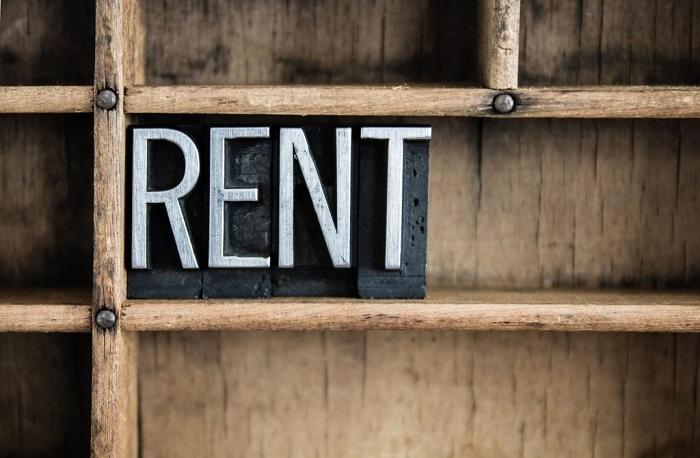If you are a landlord who has suspicions that your tenant is abusing drugs or alcohol, you likely have a number of valid concerns. While many landlords may want to evict tenants with addictions as soon as possible because they fear they will fall behind on rent or damage the property through illegal activity, acting impulsively may not be the best course of action, as you may end up violating your tenant’s rights, leaving you at the risk of being fined, or worse. Here is how you should deal with a tenant who is struggling with substance abuse problems:
Know the difference between active and former addiction
As a landlord, one of the most important things you need to understand is that an active addiction problem is not the same as a former one. If your tenant used to have a substance abuse disorder, but is now sober or in treatment, try to be respectful of their private life and don’t dig into their past. People in recovery often make good tenants, as they have already addressed their problems and are trying to turn their life around. As long as your tenant is respectful of their lease and is fulfilling all of their duties on time, they shouldn’t be scrutinized or evicted for their past mistakes.

Don’t rush with the decision to evict
Prejudice and discrimination against tenants with a substance abuse disorder is quite common, which is exactly why many countries around the world have laws and acts that protect vulnerable tenants. For example, America’s Fair Housing Act considers addiction to be a disability, thus protecting addicts from eviction solely because of their substance use issues. However, even though alcohol addiction would always be protected under this act, the use of illegal substances might not, as that would still be a criminal offense, and would thus give you the right to evict a tenant that is consuming illegal drugs on your property. So, before you decide to take action, familiarize yourself with the rules and laws in your country, and protect yourself from potential legal action.
Screen every applicant fairly
In order to avoid potential discrimination accusations, you need to treat every applicant equally and fairly. While you do have the right to ask every person if they are current illegal abusers or addicts of a controlled substance and ask them whether they’d ever been convicted, if you only ask these questions when meeting people you deem suspicious or people of a certain race or nationality, you could violate several different discrimination laws and risk a potential lawsuit. That is why it would be best to create a list of questions, including the ones related to substance abuse, print it out and have it prepared for every applicant and possible tenant.
Document evidence you find concerning
When it comes to dealing with tenants who have problems with addiction, neither rumors nor bad mouthing from your neighbors, or even your personal stigma and biases, are valid reasons to evict them from your property. However, if you are worried about the behavior of your tenant and you have legitimate reasons for concern, you should always document any evidence you might find, photograph potential property damage, and consider contacting an attorney to help you through the process of legal eviction.

Take action against dangerous tenants
Even though a tenant with a substance abuse disorder might be protected against discrimination, the law does not give them the right to engage in behavior that is destructive, violent or dangerous to others.
If the tenant causes damage to your property, makes a lot of noise almost every night, barges into the building intoxicated and acts aggressively towards the neighbors, gets into fights that require police interference, or engages in any other harmful behavior, their disability can’t be used as a defense and you have all the right to contact law enforcement or begin the process of eviction, if necessary.
The bottom line here is quite simple. You should treat a tenant with substance abuse problems with compassion and understanding, but still be firm in your boundaries, as clear rules are essential for handling active addicts. If a tenant confides in you that they are in recovery, treat them as you would any other person, but never tolerate any behavior that puts you or your property in danger.
If you believe that your tenant is struggling with substance abuse, please reach out to Create Recovery Center. We offer extensive resources to help address struggling tenants chemical dependency issues and get them the treatment they so desperately need.






